Sexual Assault Awareness: What are the Top Ten Things Teens Need to Know?
About Their Personal Safety and Approach to Relationships
There are SO many topics to cover in helping teenagers and young adults manage the sexual landscape they navigate every day.
As a way to start the conversation, here are ten of the most impactful teaching tools from the Be Strong, Be Wise course. These tools help teens identify what is true for them, which is crucial since they are in the process of finding their voice amid the noise of sex in the media.
Knowledge is power, and self-knowledge is empowerment! Here are our “Top Ten Things” for empowering the teens in your life:
Know what your sexual readiness is and how to communicate that with a partner. This lets teens enter relationships with greater confidence as they seek experiences that are mutually agreeable to both partners.
Trust your gut instinct or intuition. Teens can strengthen their intuition by checking in with their gut instinct when out with friends or spending time with a romantic partner. They can begin to identify what it feels like if they are uncomfortable in these moments.
Have a safety plan for yourself when drinking. “Hooking up” is becoming more popular among teens, especially when alcohol is involved. Since it is the number one variable affecting assault outcomes, it’s good to have a plan. You cannot give consent if under the influence, so many teens are deciding: I don’t want to experience or be accused of assault, so I won’t hook up with anyone when I’ve been drinking.
Identify if you are more of a flight/fight or freeze person. If a young person is prone to freezing, they can practice speaking up when something triggers that reaction. If they are more of a fight person, they can learn how to channel that to support others in feeling safe.
Create “a script” to use if someone is making you uncomfortable or is threatening a boundary. Most teens were taught at an early age to be “good boys and girls” and may not have the words if/when someone makes them uncomfortable. Practicing the script makes it more likely they will use it when needed.
Understand the effects of the media on the sexual expectations you set for yourself. Sexual content in the media is usually designed to sell products, not help teens build healthy relationships. Knowing how you have been influenced by the media will increase the ability for discretion. For example, many young men are declaring that pornography negatively affected their relationships and ability to enjoy sex when they got to college.
Observe non-verbal cues and body language, especially with romantic partners. Since many teens are still determining what they are ready for sexually, recognizing body language is crucial. If a partner’s facial expression says “I’m uncomfortable,” that’s the time to check in with them.
Develop a safety protocol with friends before going out for an evening. For example, keeping your phones charged, having a secret signal if one of you is uncomfortable, and making a plan to meet up together at the end of the night. A safety protocol can also include the steps you might take if one of your friends goes over the edge with a substance and needs help.
Know the law and how to respond to cyber harassment. Cyber harassment among teenagers rose 70% during the pandemic. When teens know, for example, that sharing nude pics online is illegal, they are more likely to report it. Reporting can be as simple as taking a screen shot of the evidence and any URL search results for your name.
Understand consent as a step-by-step process. Most teens hear a lot about consent and are still in the process of applying that understanding to their relationships. Affirmative consent allows both parties to voluntarily agree at each stage of a sexual encounter. It also ensures that only yes means yes.
The Be Strong, Be Wise course, now being offered to schools and youth organizations, provides a sexual ethics “road map” for teens. Which is crucial since the Department of Ed reports that teens are the demographic most at risk of assault.
Our course is committed to building personal awareness and confidence in each student, and has proven to help lower sexual misconduct school-wide. As one Health teacher put it: “The dynamic presentation of the Be Strong, Be Wise materials is absolutely outstanding. Kids are attentive, engaged and exposed to critical information that they need to make wise choices.”
Interested in bringing Be Strong, Be Wise to your institution? Reach out for a free consultation at: amy@bestrongbewise.com.
THANK YOU for championing the teens in your life!

